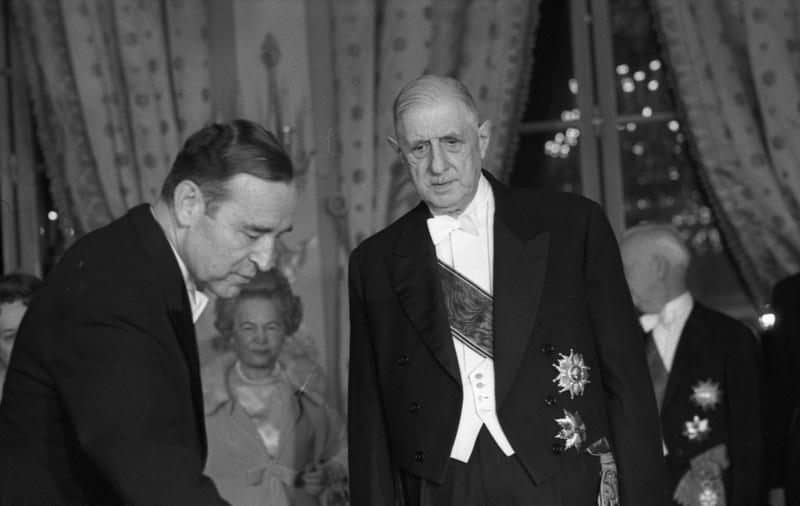As we approach Independence Day celebrations, the Washington Times reports that a recent Gallup survey shows a growing partisan and ideological divide regarding patriotism. The poll indicates that 58 percent of Republicans, 26 percent of Democrats, and 34 percent of Independents said they are “extremely proud” to be Americans. Among college students, 76 percent of conservatives and 40 percent of liberals feel “proud to be an American.” The anti-nationalist, pro-globalist cultural wokeism appears to be having its effect on the American people. And our current crop of leaders, who eschew and sometimes condemn nationalism, gives one little hope that things will soon change. We need an American de Gaulle. America’s current ruling class lacks the nationalism that underpinned de Gaulle’s every move as France’s leader in times of war and peace. Charles de Gaulle began his glorious War Memoirs with an explanation of his unconditional love of France. “All my life,” he wrote in the book’s first sentence, “I have thought of France in a certain way.” He explained that his love of France was “inspired by sentiment as much as by reason.” He imagined France as “dedicated to an exalted and exceptional destiny,” and stated that in his mind “France cannot be France without greatness.” De Gaulle was an intense and proud French nationalist. America today needs a leader like de Gaulle. De Gaulle recalled in his memoirs that as a child he had an “anxious pride” in his country that came to he and his siblings “as second nature.” He marveled at the symbols of France glories: Notre Dame, Versailles, the Arc de Triomphe, the Invalides. He enthused at his country’s successes and was saddened by its failures. In his adolescent years, he wrote, “the fate of France … interested me above everything.” De Gaulle described joining the army as “one of the greatest things in the world.” But he also recalled watching “the enemy of tomorrow endowing himself with the means of victory while France was st...
No hoodwinking or hornswoggling here.
Support independent journalism and get unlimited access to quality commentary.
Already a subscriber? Login here























